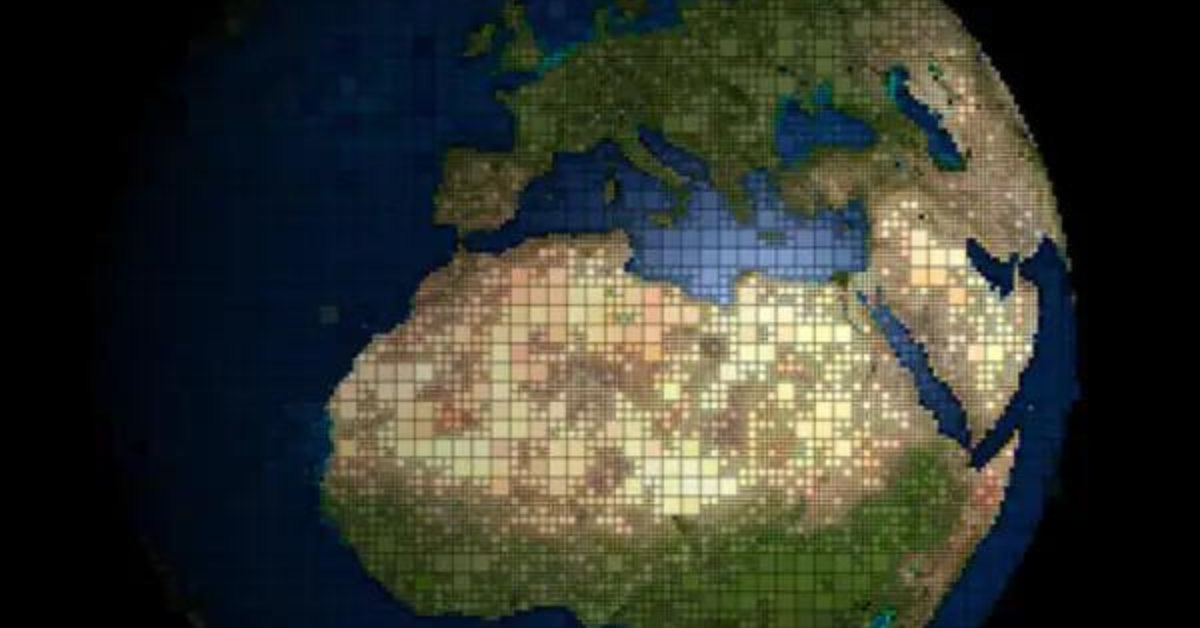The Middle East remains a region on edge as concerns about a potential wider conflict intensify. Explosions were reported across the Iranian province of Isfahan on Friday, leading to questions about the source and implications of the attack. The incident was initially attributed to Israel, raising the possibility of a further escalation in an already volatile region. However, Tehran downplayed the attack, emphasizing the minimal damage caused and signaling a desire to avoid retaliation that could exacerbate the situation.
Attribution and Downplaying the Attack
Initial reports suggested that Israel was behind the attack, with explosions occurring in the city of Isfahan. However, Iranian authorities have downplayed the incident, framing it as a series of successful interceptions by their air defense systems against three drones over Isfahan. The reference to “infiltrators” rather than an external attack and the lack of specific mention of Israel in state media seem to indicate a strategic decision to avoid immediate retaliation.
Diplomatic Efforts to Prevent Escalation
The situation has been closely monitored by international diplomats working to prevent a wider conflict in the region. Since the initial Iranian drone and missile attack on Israel on Saturday, these efforts have intensified. The limited scale of the latest attack and Iran’s measured response suggest a delicate balancing act aimed at averting further escalation.
The United States, the United Kingdom, and Germany have been actively engaging in diplomatic talks with Israel to moderate its response to the earlier Iranian attack. Western countries have also imposed additional sanctions on Iran as part of efforts to restrain further hostilities and maintain regional stability.
Iran’s Position and Response
Iranian media and officials have sought to downplay the significance of the explosions, emphasizing that the impact was minimal and the air defenses were successful in intercepting the drones. Iranian President Ebrahim Raisi had previously warned Israel against any attacks on Iranian territory, promising a “severe response.” Despite this, Iran appears to be exercising restraint, likely aiming to avoid further aggravating tensions.
Global Reactions and Calls for Restraint
International reactions have focused on the need for de-escalation and restraint. EU Commission head Ursula von der Leyen emphasized the importance of regional stability, calling for all parties to exercise caution. Similar sentiments were echoed by Beijing and Arab states, urging both Iran and Israel to avoid further confrontation.
In Israel, there is pressure on the government for a more decisive response to the latest incident. Far-right national security minister Itamar Ben Gvir labeled Israel’s actions “feeble,” highlighting the tensions within Israel’s hard-right government.
Market Reactions and Uncertainty
The incident also had an impact on financial markets. Global shares eased, while oil prices initially surged due to fears of escalation before settling back down as the situation appeared to stabilize. U.S. bond yields fell as traders assessed the risks of a larger conflict.
Ongoing Concerns and Cautions
Despite Iran’s measured response, the situation remains fluid and concerning. The U.S. Embassy in Jerusalem has restricted government employees’ travel beyond key areas due to security concerns. A warning was issued for U.S. citizens to exercise caution and heightened personal security awareness due to the unpredictable nature of security incidents.
Context of the Israel-Hamas War
This incident occurs within the context of ongoing conflict between Israel and Hamas. The assault on Gaza began after Hamas launched a cross-border attack on Israel on October 7, resulting in significant casualties on both sides. Israel’s military response in Gaza has caused considerable devastation, with a substantial loss of life.
Iran-backed groups have expressed support for Palestinians and carried out attacks from Lebanon, Yemen, and Iraq. This has raised concerns that the Gaza conflict could escalate into a broader regional war, further complicating the already fragile situation in the Middle East.
The explosions in Isfahan serve as a stark reminder of the delicate balance that must be maintained to prevent further escalation in the Middle East. While Iran’s response has been measured, the situation remains unpredictable. Continued diplomatic efforts and international pressure on both Iran and Israel will be crucial in the coming days to avoid a wider conflict and ensure regional stability.















